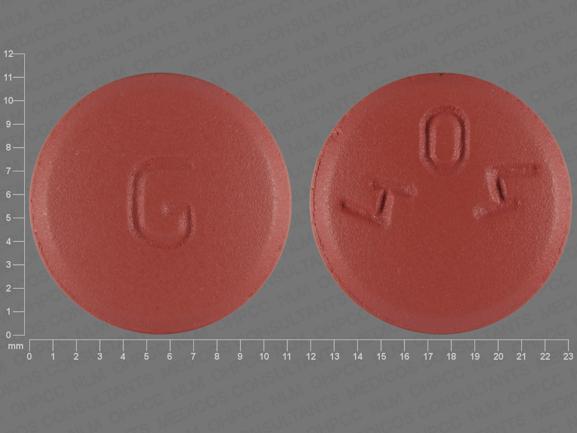Atovaquone/proguanil and Alcohol/Food Interactions
There is 1 alcohol/food/lifestyle interaction with atovaquone / proguanil.
Atovaquone Food/Lifestyle
Moderate Food Interaction
Consumer information for this interaction is not currently available.
ADJUST DOSING INTERVAL: Food, particularly high-fat food, significantly enhances the oral absorption and bioavailability of atovaquone. In 16 healthy volunteers, administration of a single 750 mg dose of atovaquone suspension following a standard breakfast (23 g fat: 610 kCal) resulted in an approximately 3.4-fold increase in the mean peak plasma concentration (Cmax) and a 2.5-fold increase in the mean area under the plasma concentration-time curve (AUC) of atovaquone compared to administration following an overnight fast. In a study consisting of 19 HIV-infected volunteers receiving atovaquone suspension 500 mg/day, Cmax and AUC of atovaquone increased by 72% and 66%, respectively, in the fed state relative to the fasting state.
MANAGEMENT: To ensure maximal oral absorption, atovaquone products (suspension, tablet, or in combination with proguanil) should be administered with a meal or milky drink, or enteral nutrition at the same time(s) each day. Because plasma atovaquone concentrations have been shown to correlate with the likelihood of successful treatment and in some cases, survival, alternative therapies may be appropriate for patients who have difficulty taking atovaquone with food.
Switch to professional interaction data
Atovaquone/proguanil drug interactions
There are 125 drug interactions with atovaquone / proguanil.
Atovaquone/proguanil disease interactions
There are 4 disease interactions with atovaquone / proguanil which include:
More about atovaquone / proguanil
- atovaquone/proguanil consumer information
- Check interactions
- Compare alternatives
- Pricing & coupons
- Reviews (50)
- Drug images
- Side effects
- Dosage information
- During pregnancy
- Drug class: antimalarial combinations
- En español
Related treatment guides
Drug Interaction Classification
| Highly clinically significant. Avoid combinations; the risk of the interaction outweighs the benefit. | |
| Moderately clinically significant. Usually avoid combinations; use it only under special circumstances. | |
| Minimally clinically significant. Minimize risk; assess risk and consider an alternative drug, take steps to circumvent the interaction risk and/or institute a monitoring plan. | |
| No interaction information available. |
See also:
Further information
Always consult your healthcare provider to ensure the information displayed on this page applies to your personal circumstances.


